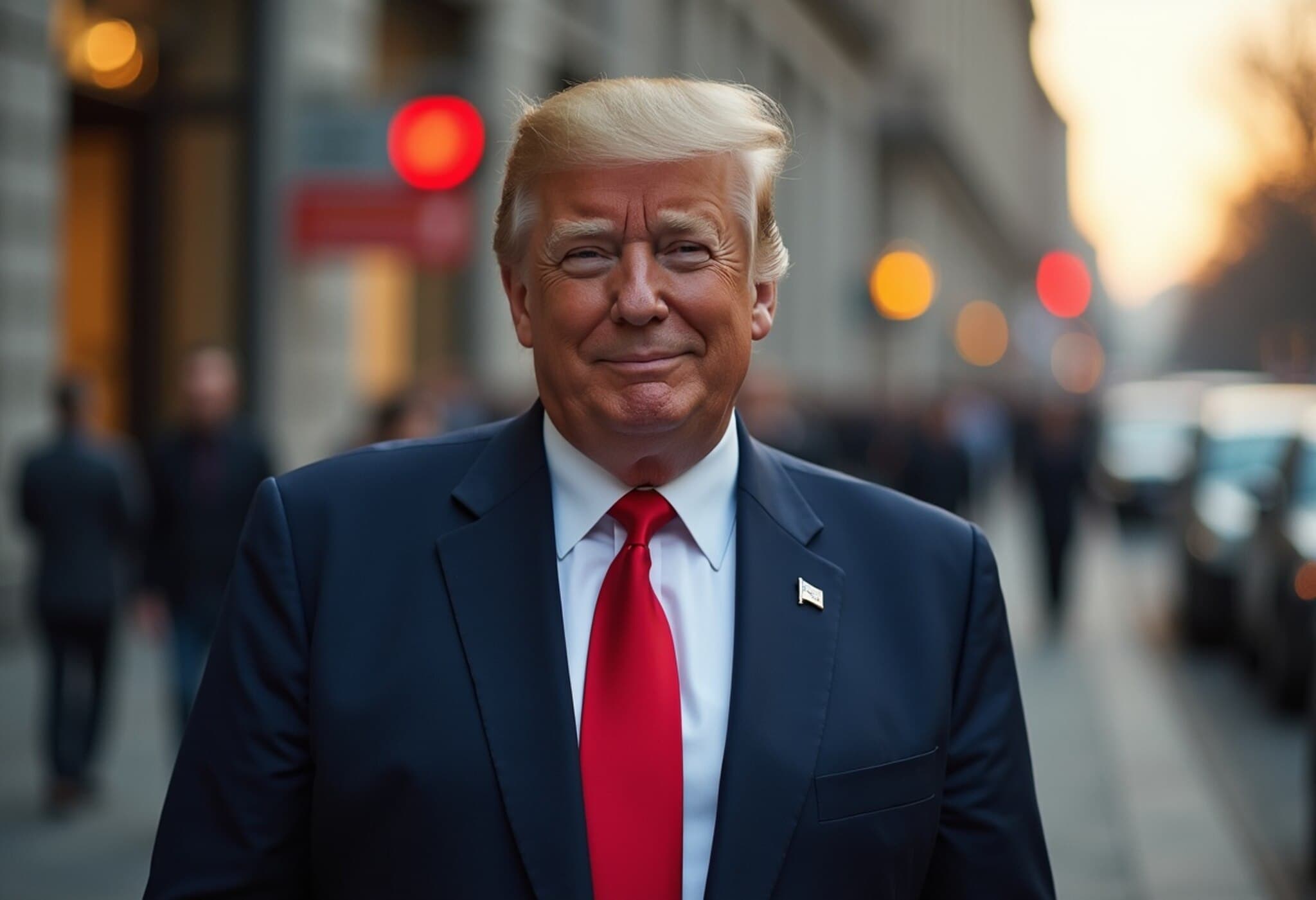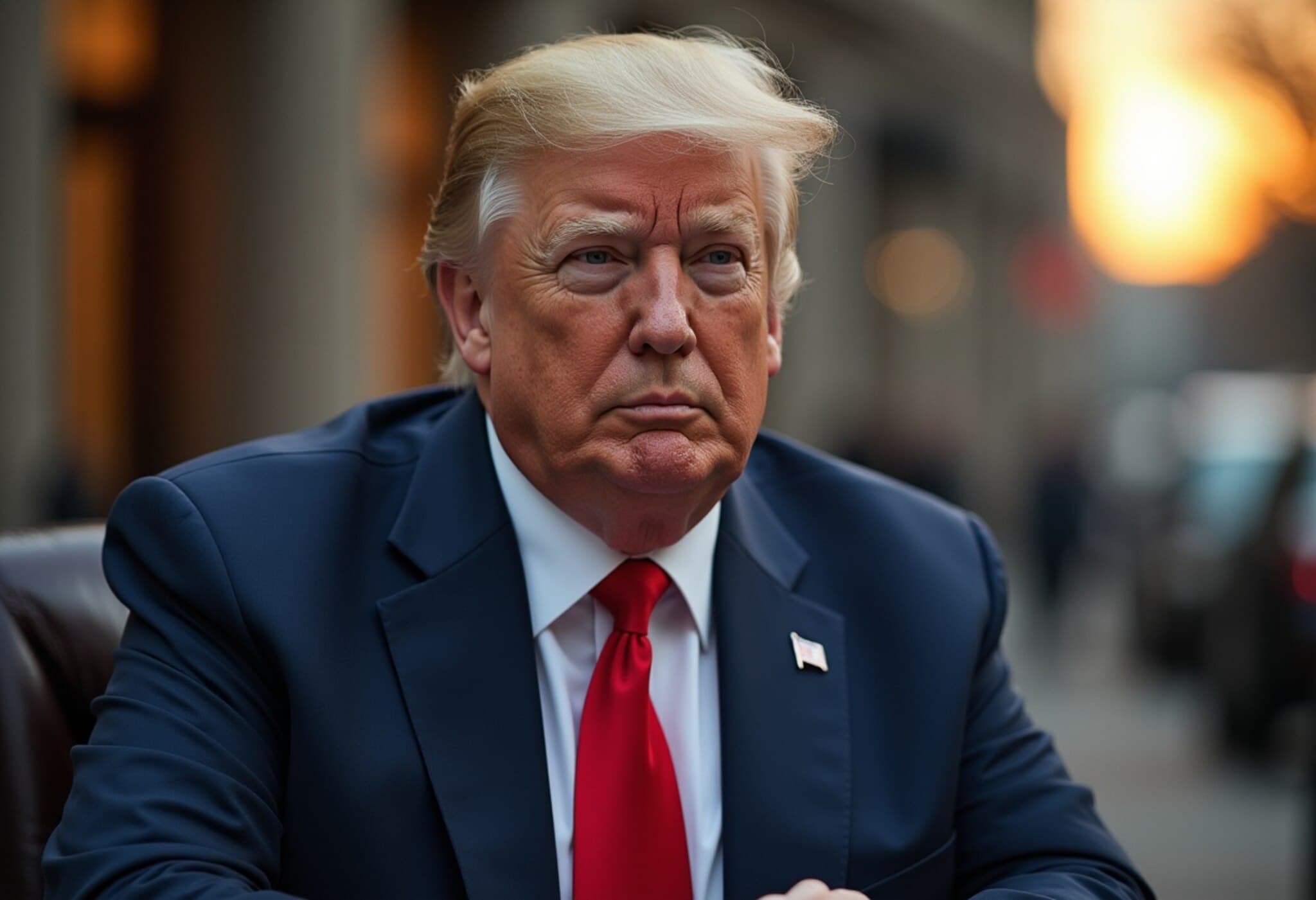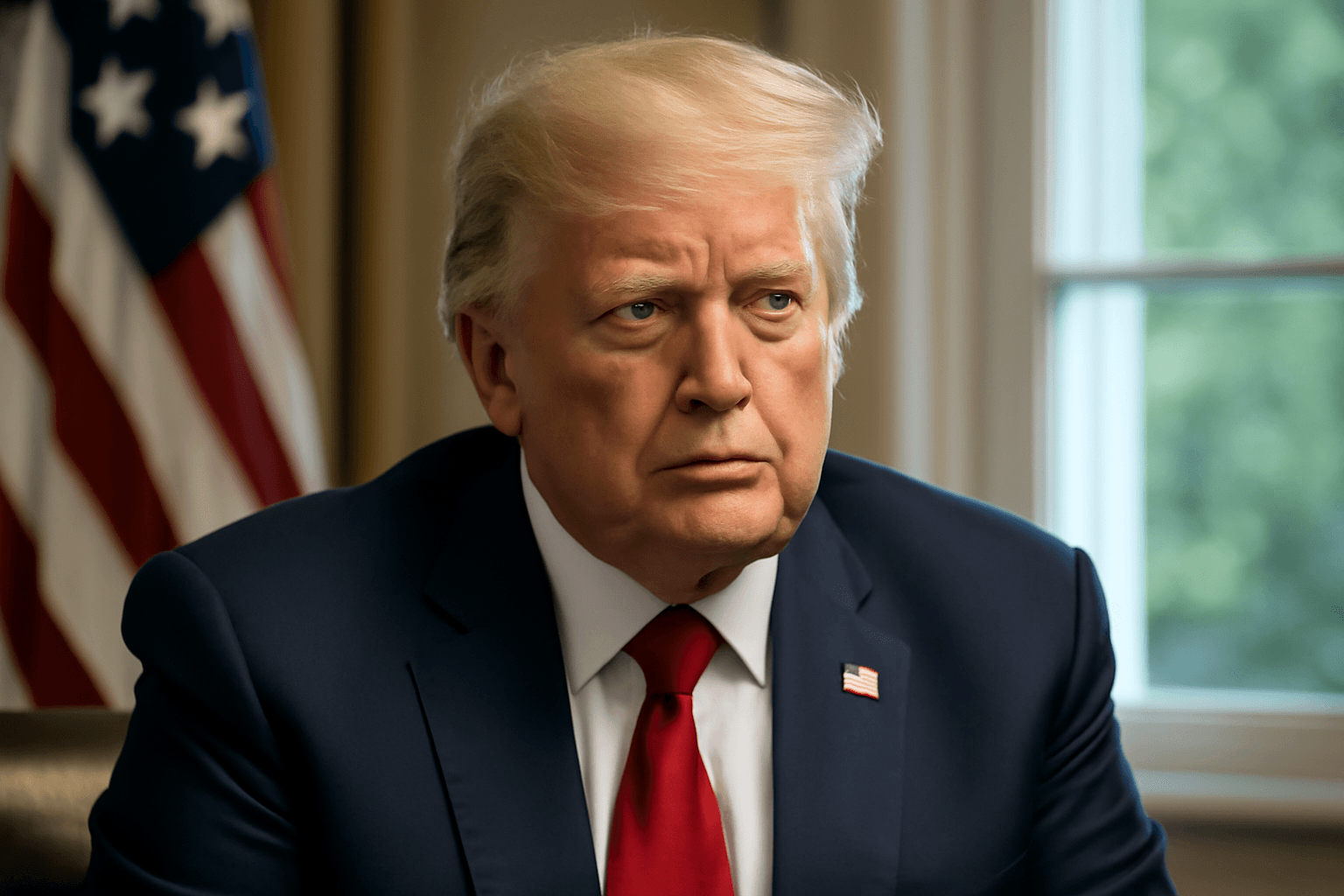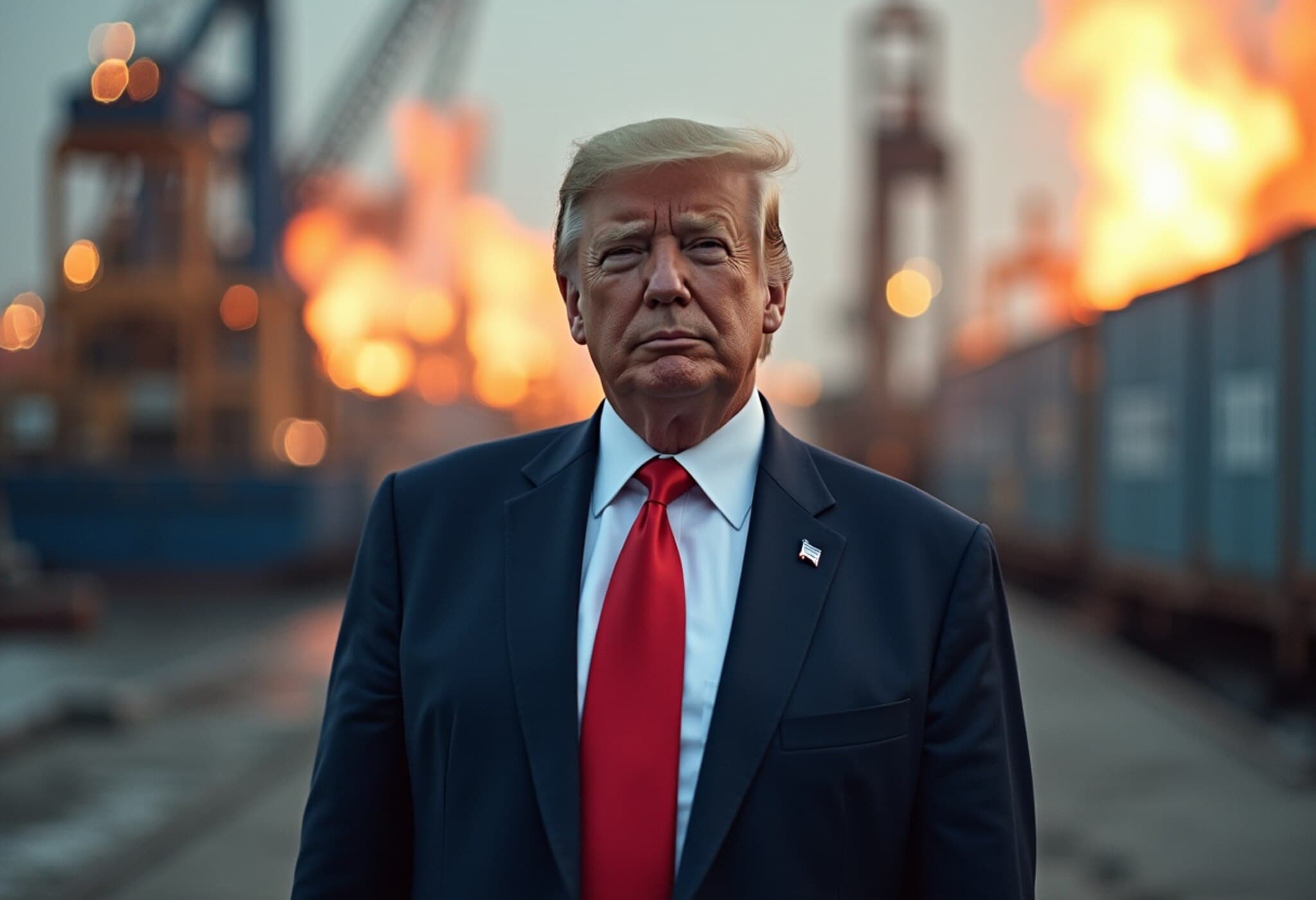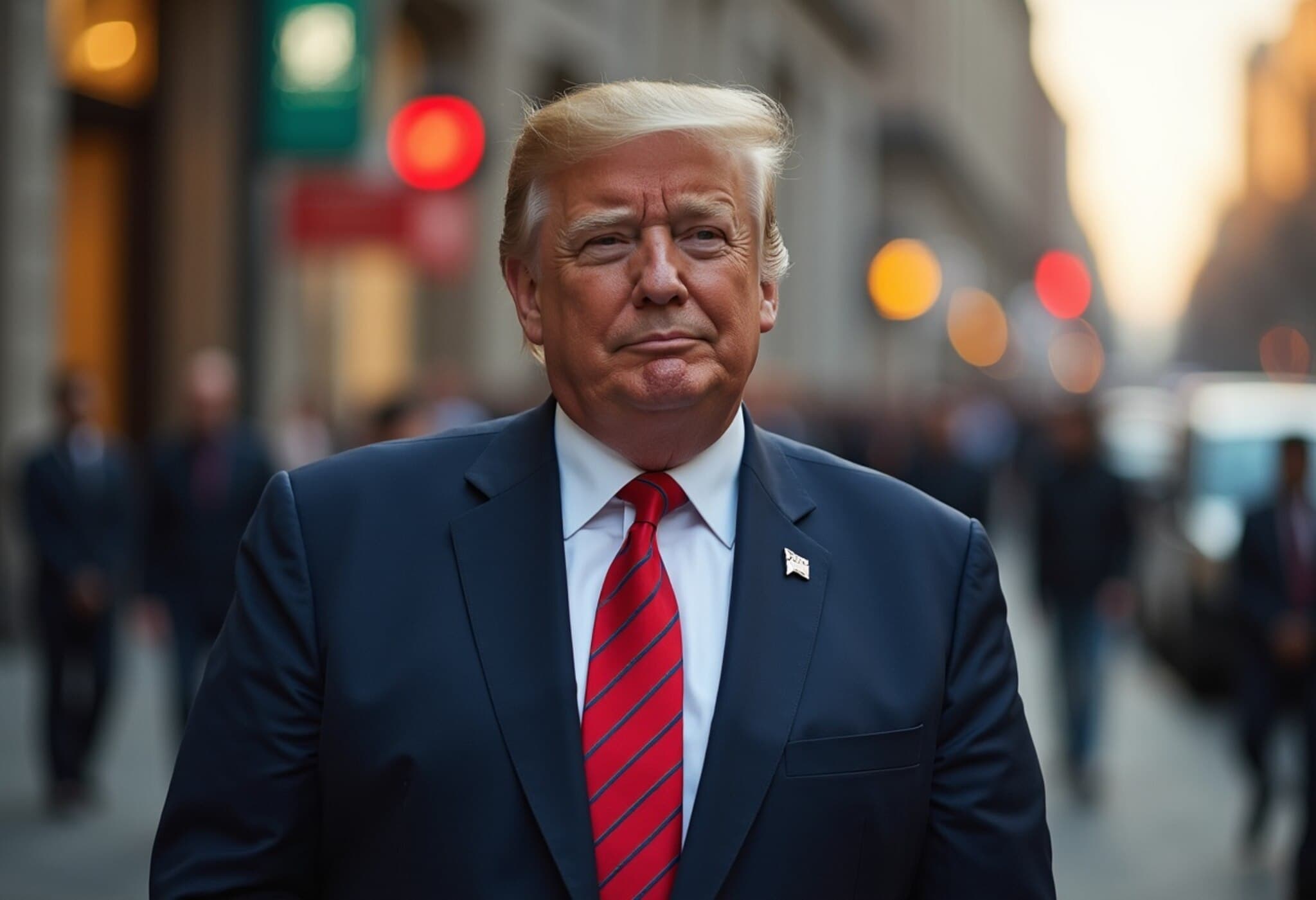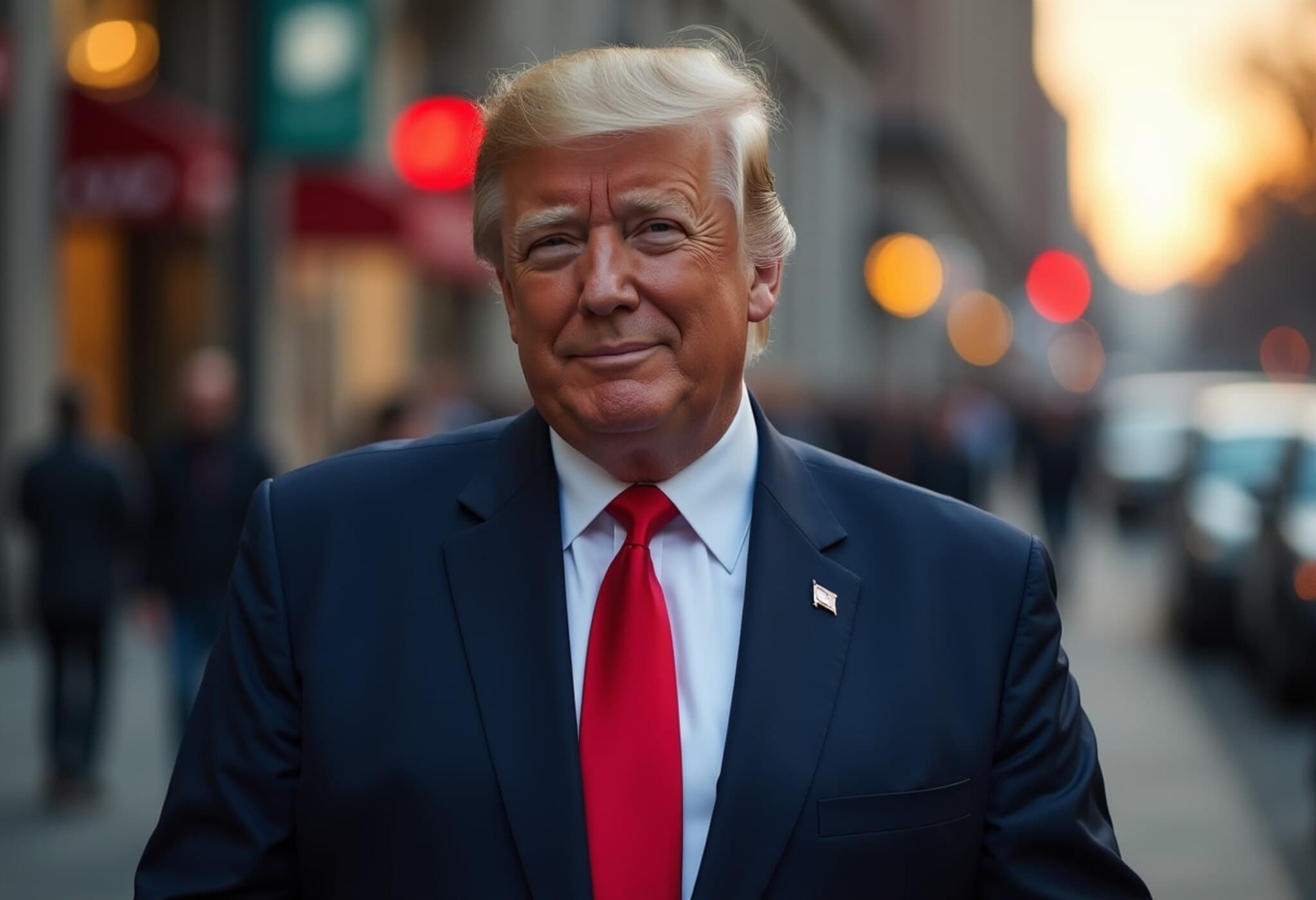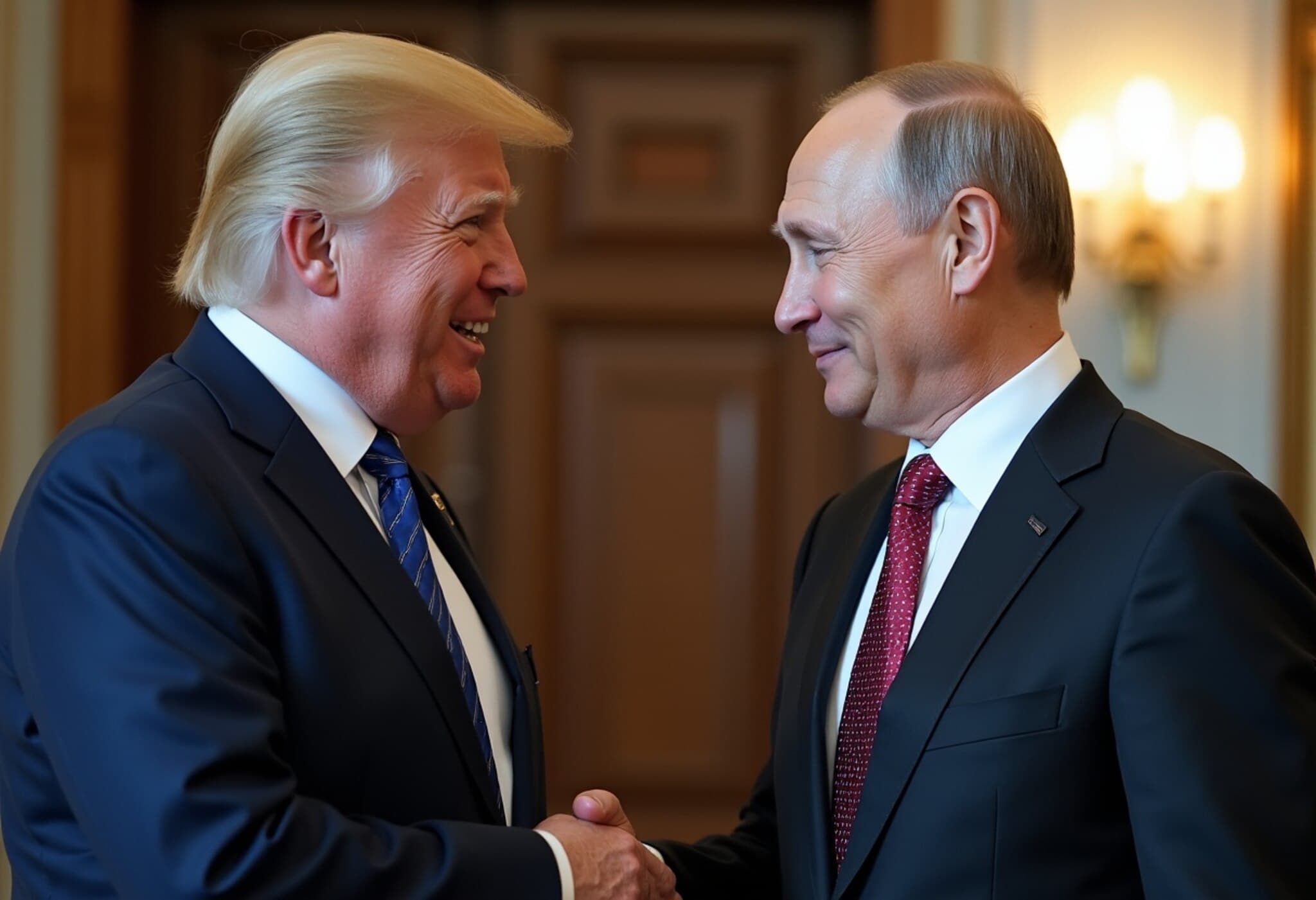Trump Highlights Impact of US Sanctions on India-Russia Oil Trade
On August 16, 2025, former US President Donald Trump made headlines by commenting on the evolving tensions surrounding Russian crude oil exports and the United States' imposition of tariffs on India. Trump noted that Russia has effectively lost India as a major oil client, following Washington's aggressive penalties targeting New Delhi's continuous import of Russian crude. However, he hinted at a potential shift in the US approach, suggesting that secondary tariffs on other nations purchasing Russian oil might not be immediately enforced.
Background: The US-India-Russia Oil Triangle
Since Russia's invasion of Ukraine and the subsequent Western sanctions, India emerged as Russia’s largest oil buyer in 2022. Indian refiners capitalized on discounted Russian crude, filling a gap left by Europe’s exit from the market. But the US has pushed back hard through escalating tariffs on Indian goods—aimed to pressure New Delhi into curbing its Russian oil imports.
Initially, a 25% tariff was imposed, which was then doubled to 50% on selected Indian products in early August. The US justification was clear: discourage India’s large-scale crude imports from Russia. Yet, India has steadfastly refused to yield, condemning the tariffs as “unfair, unjustified and unreasonable,” with Prime Minister Narendra Modi vowing the country will not cave under economic coercion.
India’s Balancing Act Amid Sanctions
Despite mounting US pressure, Indian officials and industry leaders revealed that purchases of Russian oil continue based on economic feasibility, with no official halt reported. Indian Oil chairman AS Sahney emphasized that buying decisions remain driven by market prices rather than politics.
The State Bank of India estimates that halting Russian crude imports could inflate India’s oil import bill by up to USD 9 billion this year and USD 12 billion next year. To offset this potential shortfall, alternative suppliers like Iraq, Saudi Arabia, and the UAE stand ready, but their competitive pricing against discounted Russian crude remains uncertain.
Trump’s Warnings and Diplomatic Nuance
Speaking to Fox News ahead of his Alaska meeting with Russian President Vladimir Putin, Trump acknowledged the delicate balance the US faces. He noted, “If I have to do it, I’ll do it. Maybe I won’t have to,” referring to secondary sanctions that could target other countries importing Russian oil.
This nuanced stance underscores the complexity of global energy geopolitics, where unilateral sanctions may ripple through interconnected economies, complicating diplomatic and economic relations. Trump's comments suggest potential restraint—perhaps recognizing the economic and strategic consequences of wider sanctions enforcement.
Underreported Perspectives and Regional Implications
- Energy Security vs. Sanctions: India’s continued Russian oil imports highlight a critical tension between energy security needs and geopolitics. India's growing economy demands affordable energy, pushing it to source discounted Russian oil despite US sanctions.
- The Global Oil Market’s Fluidity: Discounted Russian crude offers India leverage, but volatility in supply and shifting alliances mean alternative suppliers must stay vigilant and competitive.
- US Domestic Politics: Trump’s rhetoric could signal differing approaches within US political factions on pursuing secondary sanctions, reflecting a broader debate on how to enforce sanctions without undermining international partnerships.
What Lies Ahead?
With the US-India trade relationship strained but resilient, the critical question is whether economic pressure can realign New Delhi’s energy sourcing without pushing it closer to Moscow. Secondary sanctions remain a looming threat but may not be the preferred route given their potential fallout.
Expert Commentary
Energy policy analysts underscore that India’s stance is less about defiance and more about pragmatism amid constrained global supplies. They caution that aggressive sanctions risk alienating a key strategic partner in Asia, potentially shifting geopolitical balances.
Editor’s Note:
This episode captures how global sanctions regimes intersect with national interests and economic realities. While the US aims to isolate Russia for its actions, countries like India tread a fine line between geopolitical pressures and sovereign economic choice. Readers should watch closely how secondary sanctions evolve and what diplomatic efforts unfold behind the scenes to navigate this complex matrix of energy, trade, and security.

